How To Drive Profits Through Untapped Markets During A Recession.
ClickThrough's Head of International, Alison Booth, tells us how to increase your profits through untapped markets during a recession.
Read moreInternational Digital Market Executive Andrea Diaz explores all of the fresh news in world marketing, from changing ad spend to an airline 'super app'.
In this week's International Marketing News round-up, there's coverage of changing worldwide ad spending thanks to the pandemic, Chinese strategy for attracting repeat customers, the airline industry's first 'super app' and the ticking clock regarding EU to GB imports.
In 2020 the pandemic affected ad spending worldwide. In fact, before the pandemic it was forecasted that worldwide ad spend would grow by 7%, but the actual results are much different, as ad spend dropped by 4.5%. By the end of the year, worldwide ad spending had contracted by just 1.2%.
Due to the radical change of 2020, the total media ad spending forecast will boom in 2021, as increasingly more stabilised socio-economic conditions lead to a catch-up growth rate of 15%. For Digital ad spending, this figure is expected to reach 20.4%.
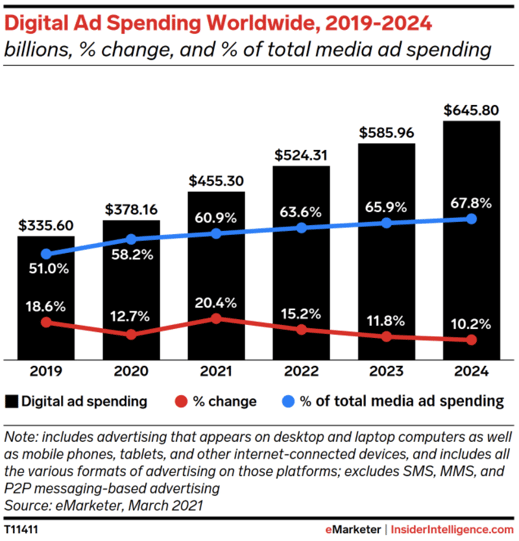
Unsurprisingly, traditional ad spend was hit the hardest by the pandemic last year, while digital ad spends triumphed. The advertising spends in TV, radio, out-of-home, newspapers and other publishers decreased by 15.7% worldwide.
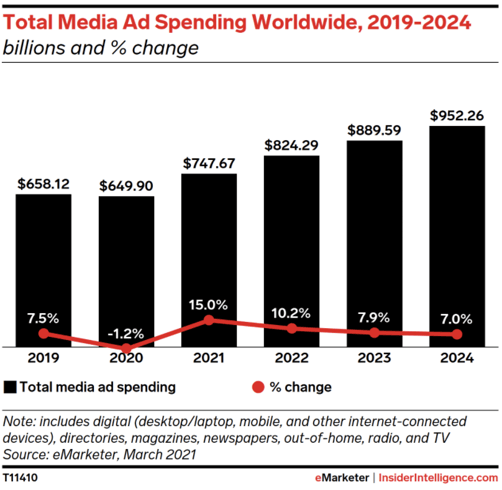
Due to the struggle of traditional advertising, as well as significant growth in eCommerce-related ad spending and social media advertising, a record-setting pace for ad spending growth is expected worldwide this year.
Total media ad spending worldwide will reach $747.67 billion, at a growth rate of 15% - the fastest since the metric started to be tracked 10 years ago. By the end of 2024, spending will reach almost $1 trillion. For context, it crossed the $500 billion mark in 2016.
Return customers are crucial in all luxury markets but especially in China.
The given name to the app that allows the users to complete multiple things in one single ecosystem is 'Super App'. In 2016 the chat app WeChat introduced a feature called ‘mini-programs’ positioning themselves as pioneers of this format. Many major companies have adopted this format, mostly in East and Southeast Asia and also Russia, where search engine Yandex has launched Yandex Go.
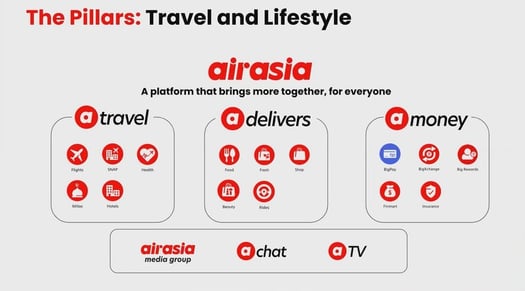
in the next weeks, traders should get ready to make customs declarations on imports from the EU into GB. The message from IOE&IT Academy director Kevin Shakespeare:
Last March, the government announced a delay to make effective declarations and checks, in response to businesses needing more time to prepare, said Cabinet minister Michael Gove.
From the date your goods cross the border from the EU to GB, there are 175 days rolling deadline supplementary declarations.
Traders that imported any goods on 1 January 2021, would need to complete the supplementary declaration by 25 June 2021.
From 1 October, the movement of Products of Animal Origin (POAO), certain animal by-products (ABP) and High-Risk Food Not Of Animal Origin (HRFNAO) require pre-notification to GB customs.
From that same date, Export Health Certificate requirements for POAO and certain ABP are required.
A partnership between the IOE&IT and Fujitsu UK would provide a new digital service automating the creation of customs declarations for GB importers. The purpose of this service is to provide advice and expert guidance, backed by 24/7 customer support.
More articles you might be interested in:
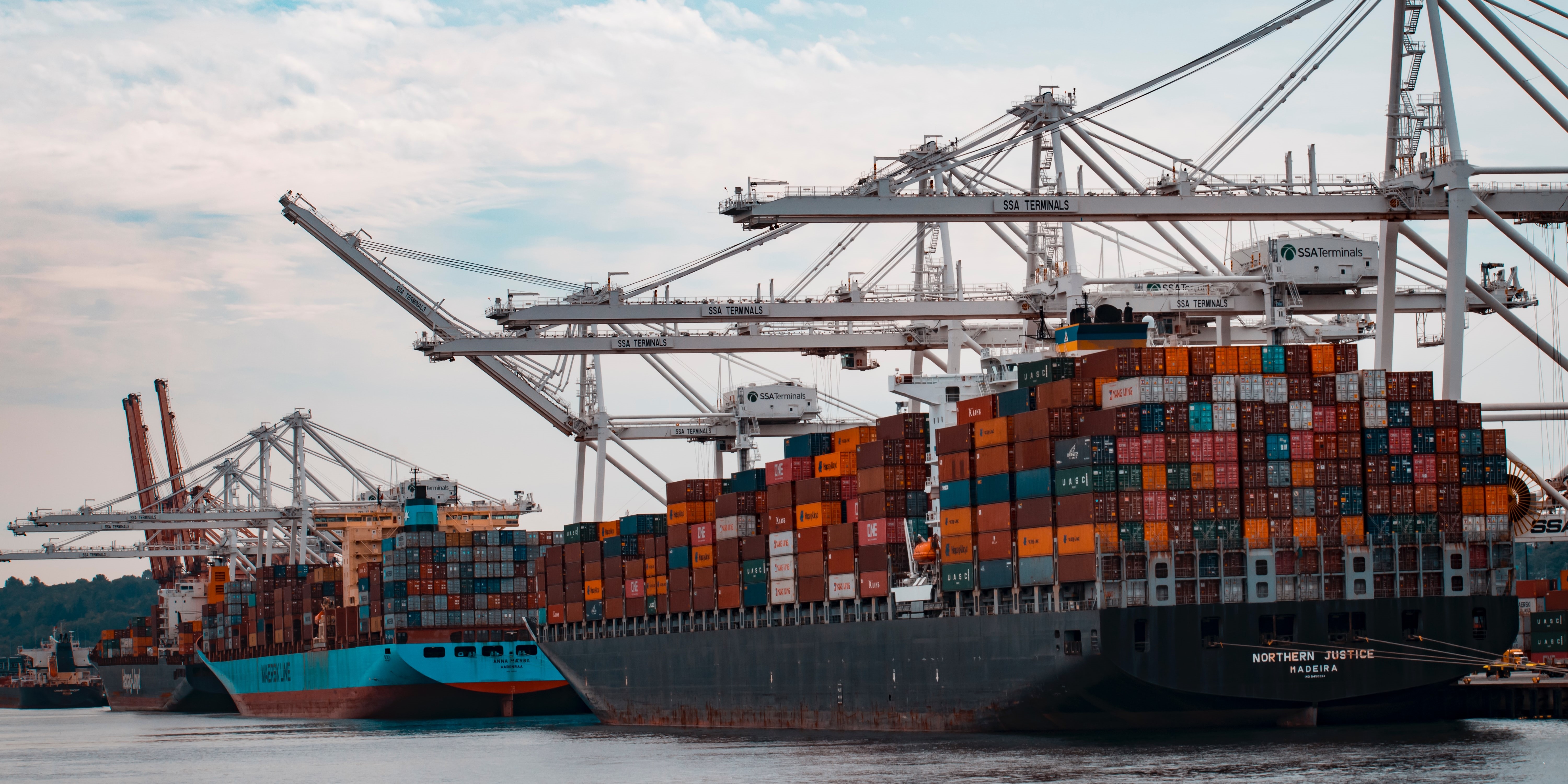
ClickThrough's Head of International, Alison Booth, tells us how to increase your profits through untapped markets during a recession.
Read more
Welcome to the latest round-up of all things digital. This is where we look at the latest updates in the world of PPC, SEO, Content and International...
Read more
Find out more about the latest updates in digital marketing. Featuring key updates from Google, demystifying meta descriptions, and checking in on...
Read more
Episode eight of The Assorted Digital Ramblings podcast is now out! Learn more about International Marketing with guest Alison.
Read more
In this week's International Marketing News, Andrea takes us through personalisation and privacy in retail and much more. Read on.
Read more
In this week's International Marketing News, Andrea takes us through new .au domain extensions, Bitcoin ATMs and more. Read on.
Read more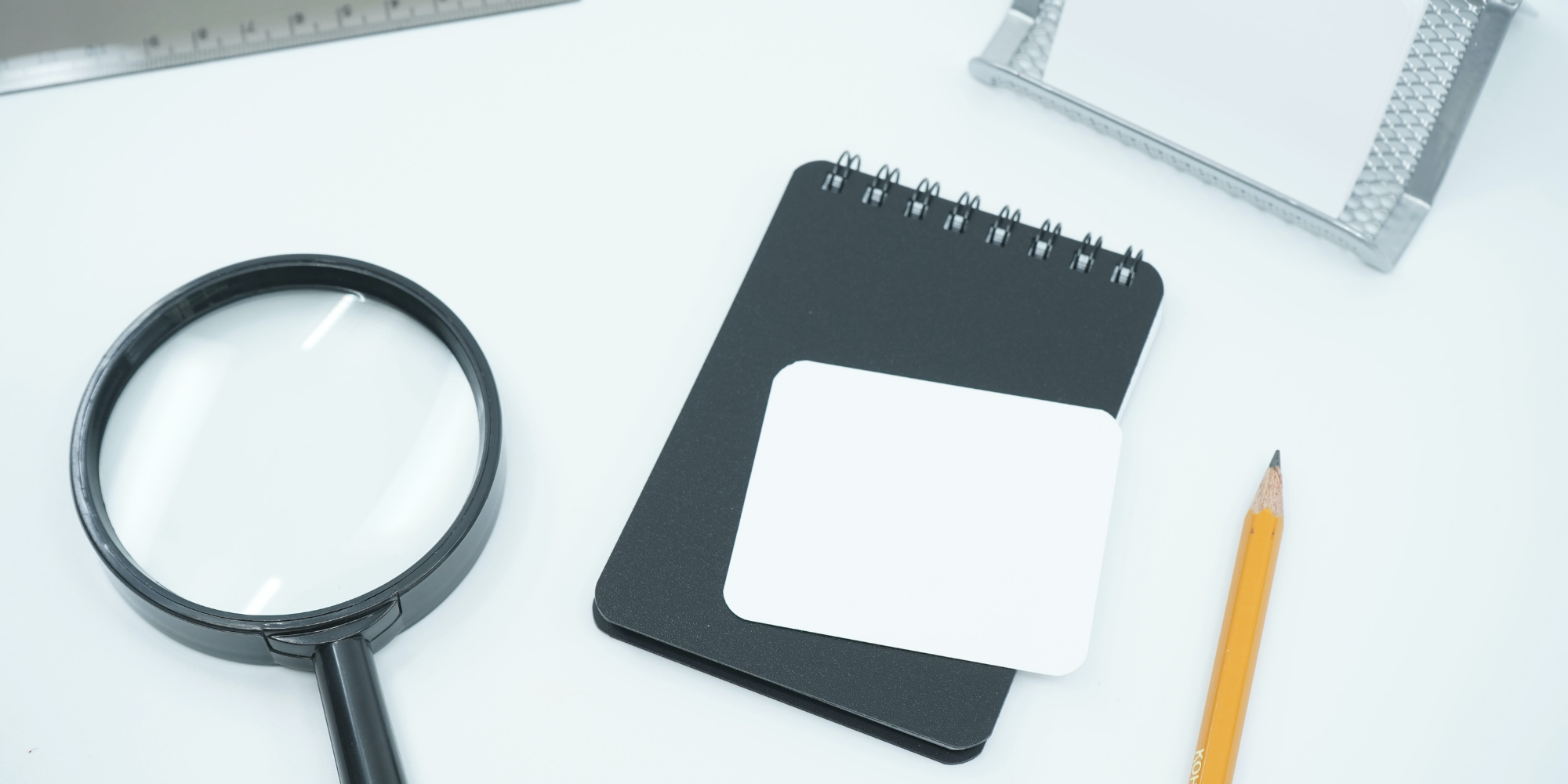
Join Andrea Diaz for this week's International Marketing news, covering walled garden investigations and more.
Read more
In the International Marketing News this week, Andrea Diaz takes us through the importance of implementing omnichannel strategies in 2022, Huawei...
Read more